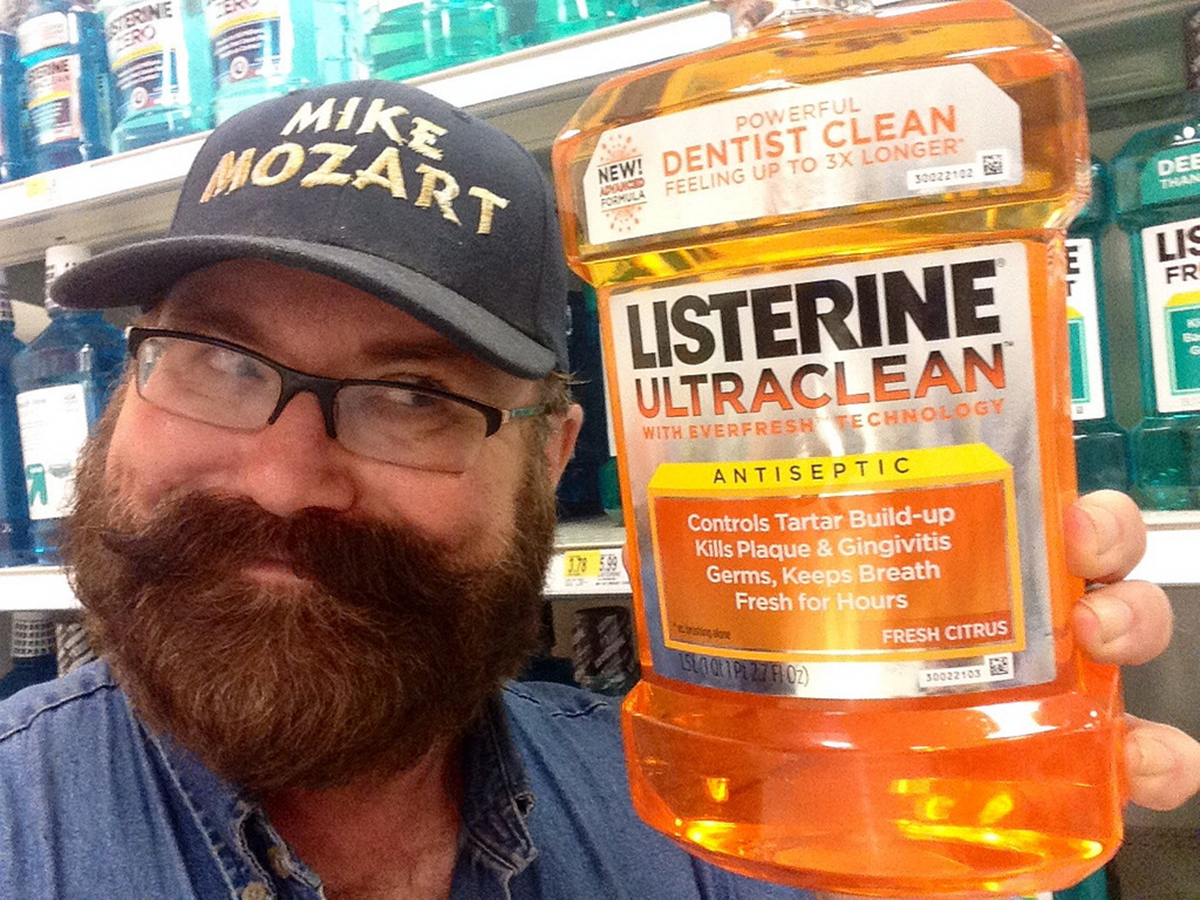Table of Contents
A Dry Mouth
Saliva plays a vital role in keeping the oral cavity healthy. Its normal flow is essential for the lubrication of the teeth, and physically clears away accumulated bacteria. Saliva also contains a number of protective enzymes that help prevent the growth of micro-organisms involved in the production of volatile sulfur compounds.

A number of reasons, genetic and acquired, can lead to a dry mouth. However, all of those are associated with a difficulty in maintaining oral hygiene, increased incidence of diseases, and halitosis.
The key to fighting the effects of a dry mouth is to keep the mouth lubricated. Sugar-free chewing gums stimulate salivary flow, drinking small sips of water frequently is also helps, and keeping yourself well-hydrated is essential for numerous reasons.
Systemic Causes Of Bad Breath
In some cases, halitosis indicates the presence of a deeper underlying disorder that could even be life-threatening. Let's take a look at their nature and symptoms.
ENT Problems
The most common extra-oral cause of bad breath would be an infection of the sinuses, leading to a constant drainage of mucos into the oral cavity. The patient will exhibit other symptoms like heaviness of the head, a stuffy nose and pain on sudden position changes which should point the doctor on the right direction.
GERD
People with persistent reflux will also suffer from halitosis, since the acid contents of the stomach reach the esophagus and the gases released will eventually make their way into the oral cavity. The underlying cause is a malfunction of the esophageal sphincter that is supposed to prevent the contents of the stomach from moving back up.
Liver And Kidney Failure
Liver and kidney failure are very rarely diagnosed by a dentist after a patient seeks help for bad breath, but it can happen. The accompanying symptoms are usually much much more severe and require immediate attention. Theoretically, however, these conditions can lead to a characteristic smell of ammonia or a fish-like smell.
Upper Respiratory Disorders
If there does not seem to be an obvious cause of halitosis and the patient does not show any improvement after intra-oral measures were taken, then the possibility of upper respiratory tract infections should be looked at. The management of all the systemic disorders involves specific treatment that should be aimed at treating the chief disorder. Patients should be referred to specialists, who will then order the necessary investigations and make their own clinical judgements.
READ Bad Breath (Halitosis), Treatment and Prevention
Conclusion
It is important to remember that the vast majority of complaints of bad breath can be resolved by taking adequate intra-oral measures and through the continuous adherence to high levels of hygiene. Systemic disorders as a cause for halitosis, while rare need to be kept in the mind while examining the patients. As they, the eyes cannot see (or in this case the nose cannot smell) what the mid does not know.
- Photo courtesy of Instant Vantage via Flickr: www.flickr.com/photos/instantvantage/8847401331
- Photo courtesy of JeepersMedia via Flickr: www.flickr.com/photos/jeepersmedia/15213721515
- 1. http://www.webmd.com/oral-health/guide/bad-breath
- 2. SADJ. 2005 Feb
- 60(1):17-9. Halitosis: a review.


Your thoughts on this